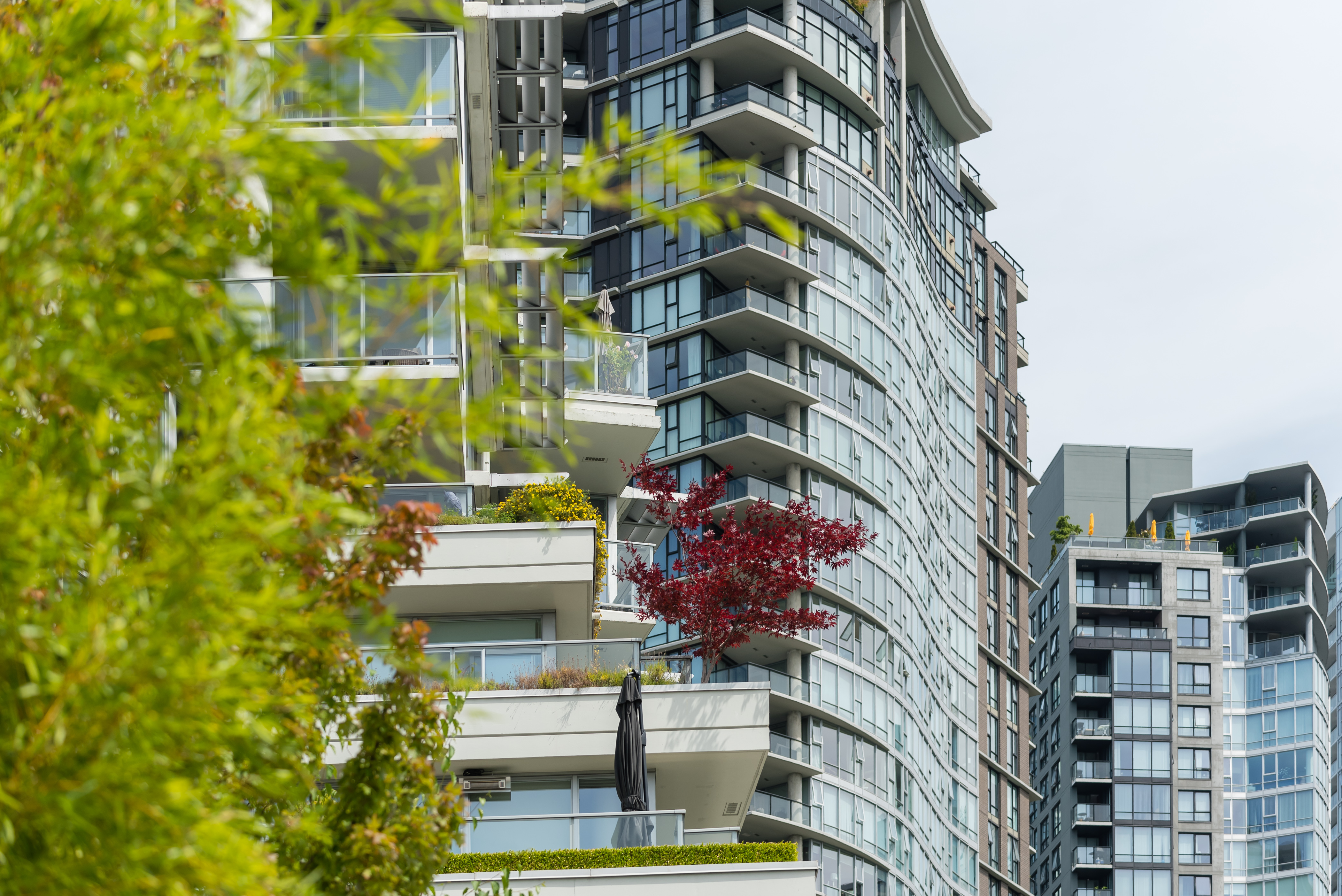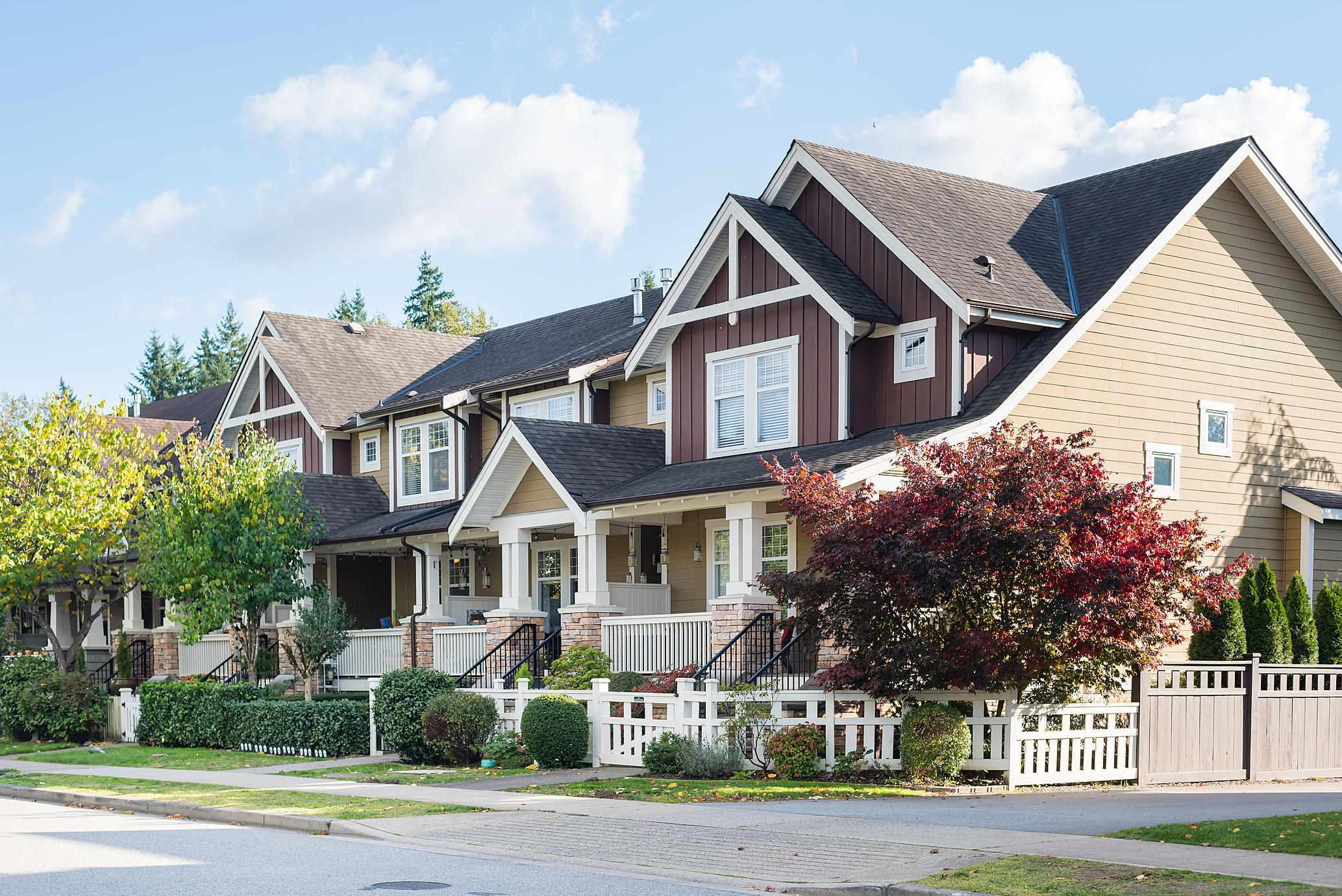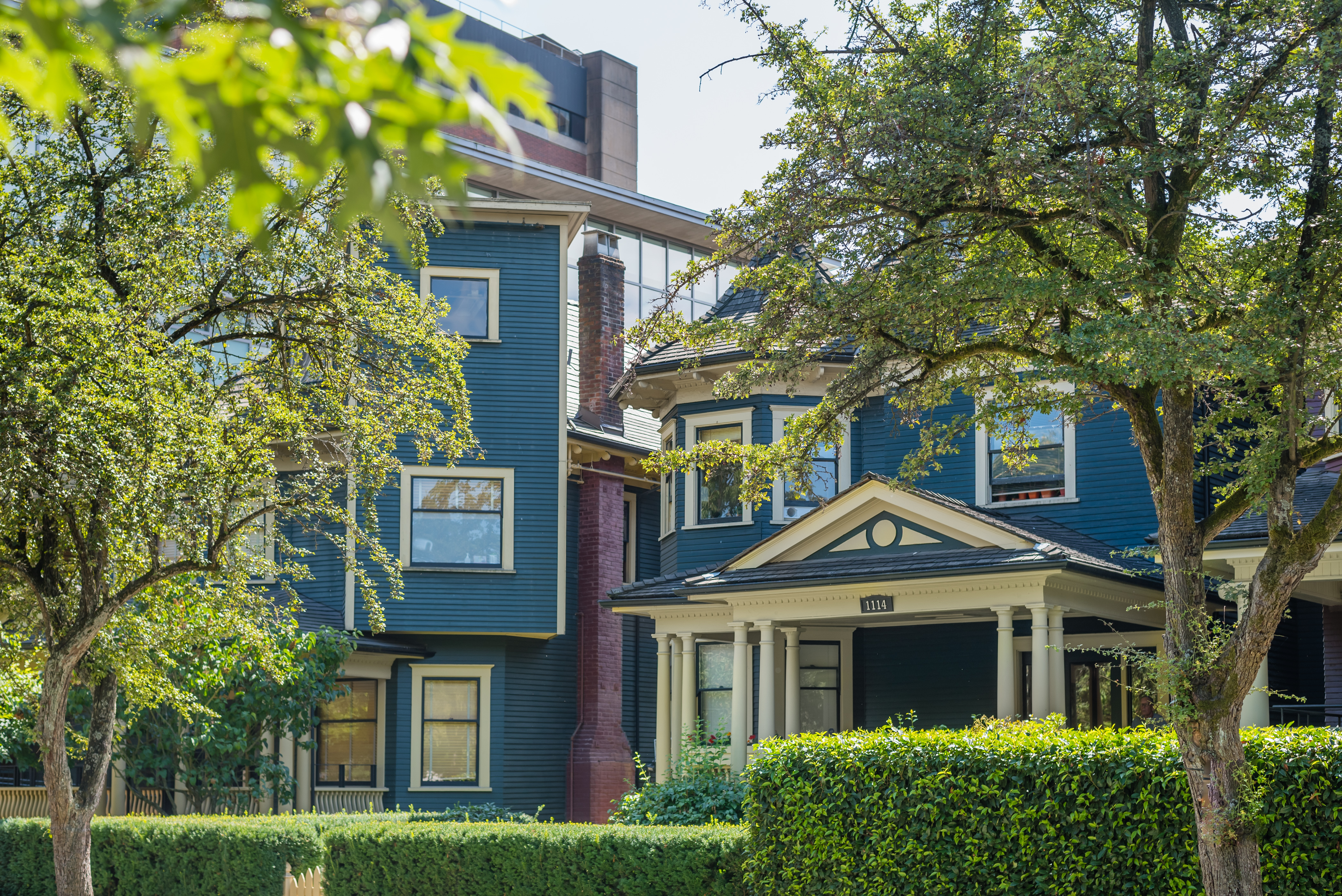Upon purchasing property, you'll likely receive a copy of the property title too. For most of us, just scanning a property title proves overwhelming. Riddled with complicated legal jargon, most people can only identify the rightful property owner names, with the remaining information looking foreign. It's certainly best to let your lawyer dig through the pertinent title information and its implications for you. Of particular interest though, should be the identified ownership type - either freehold, leasehold, or strata.
Some ownership types include limitations and restrictions that may inhibit your enjoyment or use. The ownership type also speaks to what it is that you own - be it the structure, a specific portion of the structure, or both the land and the structure. So, upon purchasing your next property, it's essential you understand the difference between three ownership types. Here is a brief explanation of what it means to own freehold, strata and leasehold properties.
Freehold properties
In many cases, detached homes are a great example of freehold properties. Essentially, freehold properties mean you own the property (the land and the structure) including the right to reside in it - provided that you make payments as agreed to any lender.
The downside of freehold properties is that when compared to leasehold properties, in particular, they are significantly higher in price.
A big advantage of freehold properties is their tendency to appreciate over time, and when compared to leasehold properties, your ownership of the land (in addition to the structure) leaves you in complete control of when you choose to sell.
Leasehold properties
Leasehold properties, unique from freehold properties, allow you to purchase the physical structure, like the condo, townhome or home, while leasing the land from another party. The landlord in many cases is the government or first nations groups. You can find examples of these properties in Vancouver West and in James Bay on Vancouver Island.
The leases are often 99 years in length. While the length of a lease may not be overly concerning to someone purchasing at the beginning of a lease, you can imagine the risk for those residing on properties nearing the end of a lease. The end of a lease means the landlord can choose to not renew the lease or can renew at a much higher price.
Leasehold properties might be disadvantageous for two reasons; first, they are challenging to finance, and two, they don't appreciate in value the same way freehold properties do.

Strata properties
The most common strata properties are condos and townhomes - they are properties with shared areas. Some detached homes can be parts of strata too - sometimes known as bare land stratas. Strata properties, different from freehold properties, essentially have a form of joint ownership. The administration of these properties is governed by the Strata Property Act. Consider an elevator in a condo building for example - often used by most residents - it becomes jointly owned by the strata corporation. For this reason, strata properties usually form strata councils and are often managed professionally by a property management company. The council and property management group work to collect strata fees from owners and then use those fees to maintain the property - conducting general maintenance, inspections, repairs, and improvements.
While strata fees can seem like extra expenses - in many cases, they pay for the general maintenance of the property. Strata properties are advantageous in that they are often less costly than freehold properties.
Strata properties can be disadvantageous in that while the interior of the property belongs to the owner, special permissions are still required for things like renovations. Also, stratas must abide by standard bylaws and in many cases have internal 'house rules.' Strata have the right to set rental restrictions, pet restrictions, and age restrictions too.
The bottom line
Whether you choose a freehold, leasehold, or strata property as your next purchase, ensure you understand the advantages and disadvantages of your choice including how it might impact you in addition to any future buyer.
Looking for advice on freehold, leasehold or strata properties? Our rennie advisors specialize in every neighbourhood across the Lower Mainland and can help you find the home best suited to your needs.


